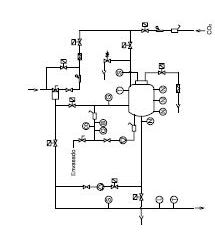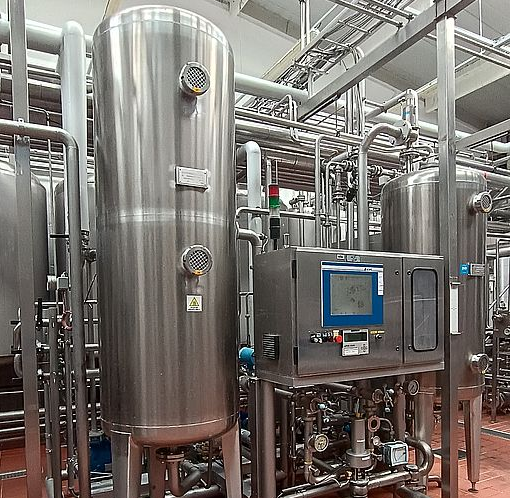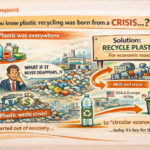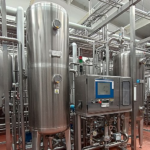In the beverage industry, carbon dioxide is dissolved into liquid solutions such as beer, wine and soft drinks to give drinks that fizzy texture. Carbon dioxide also acts as a preservative as it prevents the development of microorganisms.
Carbon dioxide is a uniquely suitable gas for soft drinks because it is inert, non-toxic, and relatively inexpensive and easy to liquify.
The carbonation process consists of adding Carbon dioxide to a liquid at low temperatures using high pressures. Carbon dioxide is generally added to the finished product, although it can be mixed with the water at any of the earlier stages. The amount of carbon dioxide pressure varies depending on the drink.
Carbon dioxide is injected automatically into the cold mixing line using booster pumps of high capacity. MachinePoint supplies carbonators based on the drinks needs, and the current lines that are in process. We provide the carbonators installed and commissioned, and previously tested in our engineering center.
Systems are tested using CO2 analyzers than guarantee a constant saturation up to 10gr of CO2 per liter. Conductivity meters and Brix grades ensure consistent quality and consistent product.
CO2 is obtained from combustion or fermentation processes. This gas must be purified to be in contact with foodstuffs. MachinePoint Engineering uses molecular filtration technologies to avoid contamination with flavors or other organoleptic changes, and also to eliminate benzene, xylene, ethanol, sulfur, etc.
Our carbonators are easily integrated into continuous mixing lines, because they have a compatible standard automation. Electrical connections between computers are unnecessary. The carbonator and mixing line will run as a whole unit where de aeration, mixing, molecular filtration and carbonization take place in one single system.

Key tips for purchasing a Beverage Carbonator
A beverage carbonator is a machine designed to dissolve carbon dioxide (CO2) into liquids through pressurization. It utilizes a gas injection system to dissolve CO2 into the liquid under high pressure, thereby creating the desired carbonation.
There are direct injection models, which introduce CO2 directly into the liquid; static mixing systems, which mix CO2 with the liquid before entering a carbonation tank; and dynamic mixing systems, which mix CO2 and the liquid in a continuous flow during the carbonation process.
A beverage carbonator contributes to the carbonation process by creating high-pressure conditions that allow for efficient dissolution of CO2 into the liquid. This is achieved through controlled gas injection into the liquid, facilitating the formation of dissolved gas bubbles that provide the desired carbonation.
When purchasing a used beverage carbonator, it is crucial to assess its overall condition, including structural integrity, functionality of key components such as valves and meters, as well as maintenance history and any potential need for recalibration. Additionally, considerations should be made regarding the availability of spare parts and compatibility with applicable safety standards and regulations.
Proper use of a beverage carbonator ensures uniform distribution of CO2 in the liquid, contributing to consistent carbonation and a satisfactory sensory experience for the consumer.





